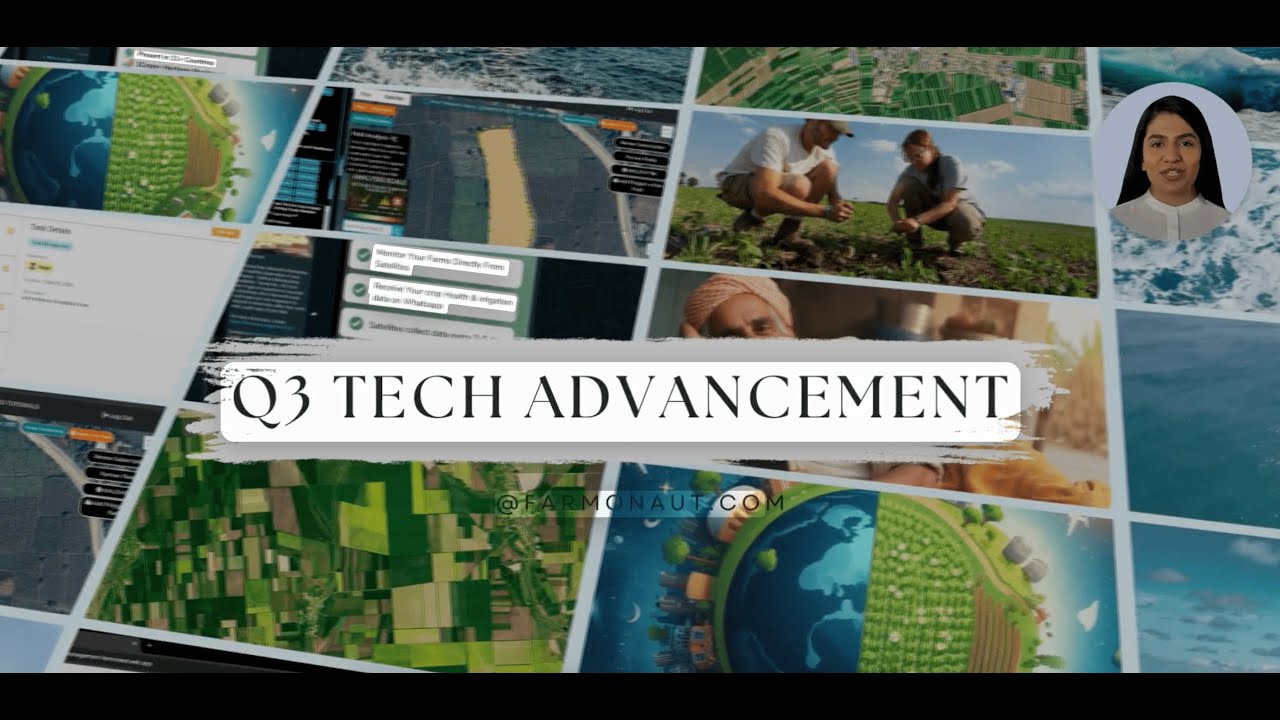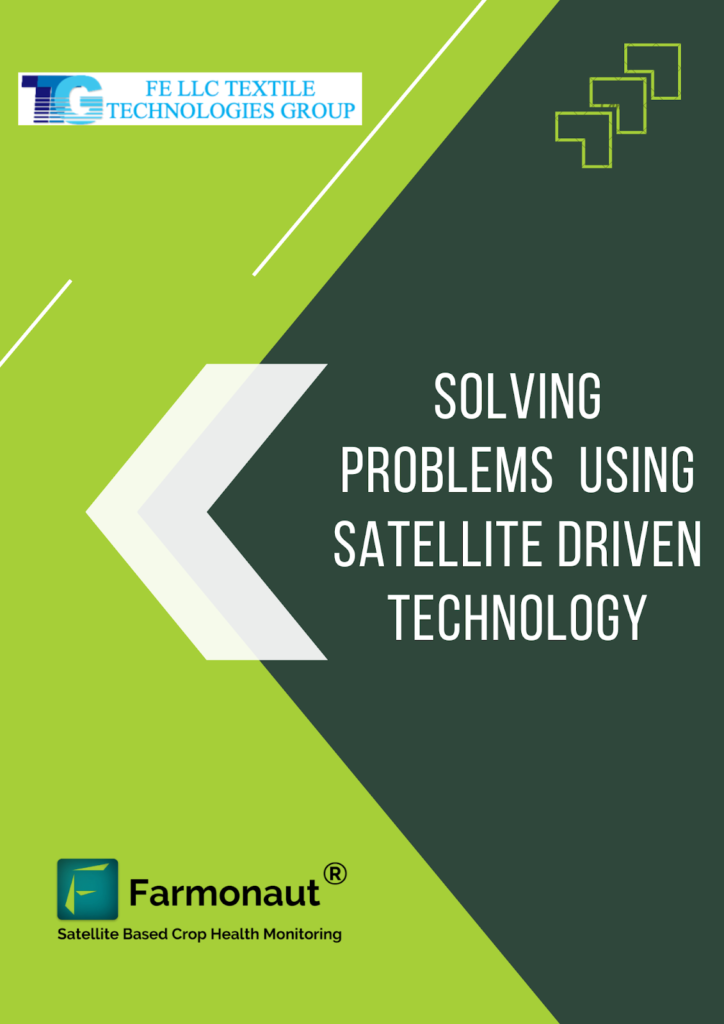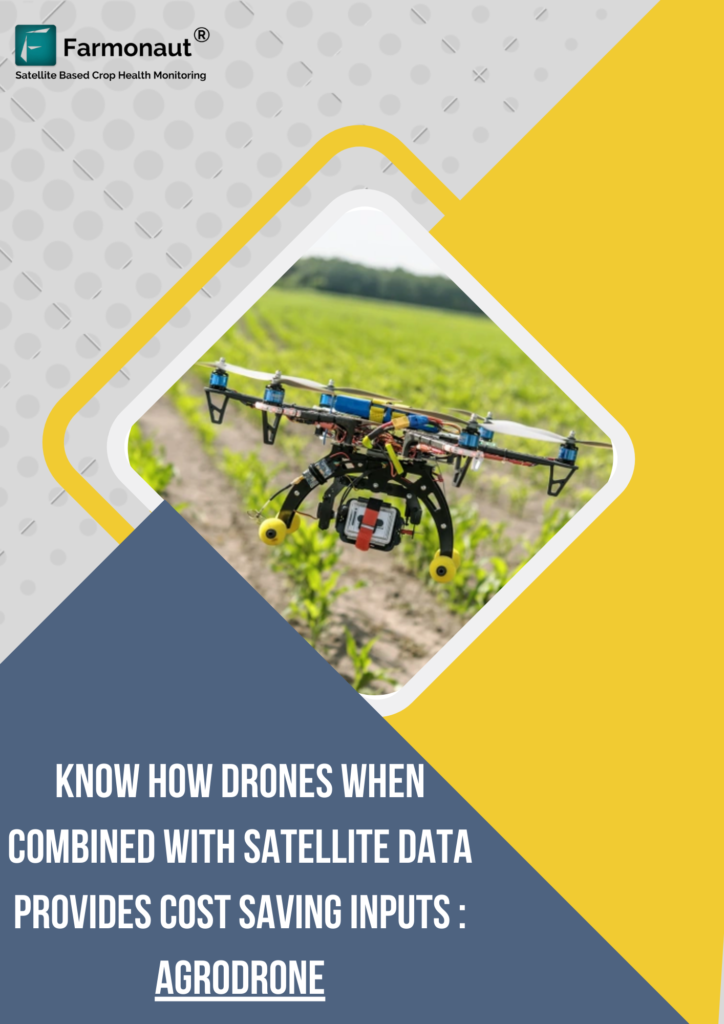Revolutionizing Seattle’s Tech Landscape: How AI and Information Technology Are Shaping Silicon Valley’s Future
“Seattle’s tech landscape is evolving rapidly, with AI influencing 75% of new startups in the region.”
In the ever-evolving world of technology, Seattle and Silicon Valley stand at the forefront of innovation, driving change that ripples across the globe. As we delve into the intricate web of tech billionaires and politics, the future of artificial intelligence, and the impact of social media on society, we find ourselves at a crucial juncture in the tech industry’s legacy. Today, we explore how these forces are reshaping not just our digital landscape, but the very fabric of our society.
The Convergence of Tech and Politics: A New Era
The tech industry has long been associated with liberal ideologies, but recent years have seen a surprising shift. A growing contingent of tech billionaires are leaning towards the political right, challenging the traditional narrative of Silicon Valley as a bastion of progressive thought. This evolution reflects the complex interplay between technology, wealth, and political influence that is reshaping our world.
As we navigate this new terrain, it’s crucial to understand the motivations and impacts of these powerful individuals. Their decisions and affiliations have far-reaching consequences, influencing everything from public policy to the direction of technological advancement. The tech industry’s legacy is being rewritten, and we’re all part of this unfolding story.
Artificial Intelligence: Promise and Peril
At the heart of Seattle’s tech revolution lies artificial intelligence (AI), a field that promises to transform every aspect of our lives. From healthcare to transportation, AI is opening up new frontiers of possibility. However, with great power comes great responsibility, and the future of artificial intelligence is not without its challenges.
As we harness the power of AI, we must also grapple with its potential risks. Concerns about job displacement, privacy infringement, and the ethical implications of autonomous systems are at the forefront of public discourse. It’s a delicate balance between innovation and caution, one that requires careful consideration and robust safeguards.
In the agricultural sector, companies like Farmonaut are leveraging AI to revolutionize farming practices. Through their innovative use of satellite imagery and machine learning algorithms, they’re helping farmers make more informed decisions, optimizing crop yields while minimizing resource usage. This is just one example of how AI is being harnessed for positive change, demonstrating its potential to address global challenges like food security and sustainability.
Cryptocurrency: Skepticism in the Face of Hype
While some tech leaders embrace cryptocurrency with open arms, others remain skeptical. Bill Gates, for instance, has expressed doubts about the practical utility of cryptocurrencies. This cryptocurrency skepticism reflects a broader debate within the tech community about the future of finance and the role of decentralized technologies.
The debate surrounding cryptocurrency is multifaceted, touching on issues of financial inclusion, environmental impact, and regulatory challenges. As we move forward, it’s crucial to critically evaluate the promises and pitfalls of these new financial technologies, ensuring that innovation serves the greater good rather than exacerbating existing inequalities.
The Evolution of Silicon Valley: From Garages to Global Influence
Silicon Valley’s journey from a cluster of startups in garages to a global powerhouse is nothing short of remarkable. Today, it stands as a symbol of innovation, wealth, and technological progress. But with this success comes scrutiny and responsibility.
![]()
The evolution of Silicon Valley has brought with it questions about wealth concentration, corporate responsibility, and the role of tech companies in shaping public discourse. As we witness the rise of tech giants with unprecedented power and influence, we must also consider the implications for democracy, privacy, and social equity.
“Silicon Valley billionaires control over $1 trillion in wealth, shaping 60% of global digital trends.”
Social Media: A Double-Edged Sword
The impact of social media on society cannot be overstated. These platforms have connected us in ways previously unimaginable, facilitating the free flow of information and ideas across borders. However, they’ve also become breeding grounds for misinformation, polarization, and social discord.
As we grapple with these challenges, it’s clear that the tech industry must take a more proactive role in addressing the negative consequences of their creations. From content moderation to algorithmic transparency, there’s a growing call for responsible innovation that prioritizes social well-being alongside profit.
The Wealth Paradox: Billionaire Philanthropy and Social Responsibility
The rise of tech billionaires has brought renewed attention to questions of wealth distribution and taxation. While many of these individuals engage in philanthropy on an unprecedented scale, critics argue that this is insufficient to address systemic inequalities.
The debate surrounding billionaire philanthropy touches on fundamental questions about the role of private wealth in addressing public challenges. As we navigate this complex landscape, it’s crucial to consider both the potential benefits of targeted giving and the need for broader systemic changes to ensure a more equitable distribution of resources.
Technology’s Dual Nature: Progress and Pitfalls
As we reflect on technology’s positive and negative impacts, it’s clear that innovation is a double-edged sword. The same tools that have the power to connect, inform, and empower can also divide, mislead, and exploit. This duality is at the heart of many contemporary debates about the role of technology in society.
From the democratization of information to the challenges of digital addiction, we’re witnessing firsthand the complex interplay between technological progress and human nature. As we move forward, it’s crucial to approach innovation with a balanced perspective, celebrating its achievements while remaining vigilant about its potential drawbacks.
The Power of Information: Revolutionizing Industries
One of the most profound impacts of the tech revolution has been the democratization of information. In fields ranging from healthcare to agriculture, access to data and analytics is transforming traditional practices and opening up new possibilities.
Companies like Farmonaut exemplify this trend, leveraging satellite technology and AI to provide farmers with crucial insights about their crops. By making this information accessible through mobile apps and web platforms, they’re empowering farmers to make data-driven decisions, ultimately improving yields and sustainability.
This revolution in information technology extends far beyond agriculture. In healthcare, AI-powered diagnostics are improving patient outcomes. In education, online platforms are making quality learning accessible to millions. The power of information, when harnessed responsibly, has the potential to address some of our most pressing global challenges.
The Future of Work: AI and Automation
As AI and automation technologies continue to advance, questions about the future of work loom large. While these technologies promise increased productivity and efficiency, they also raise concerns about job displacement and economic inequality.
The tech industry has a crucial role to play in shaping this future. By investing in education and retraining programs, and by designing AI systems that augment rather than replace human workers, we can work towards a future where technological progress benefits all members of society.
Ethical AI: Navigating the Moral Maze
As AI systems become more sophisticated and pervasive, ethical considerations are taking center stage. From facial recognition technology to autonomous vehicles, we’re confronting complex moral questions about privacy, accountability, and the limits of machine decision-making.
The development of ethical AI frameworks is crucial to ensure that these powerful technologies align with human values and societal norms. This involves not just technical solutions, but also robust public dialogue and regulatory frameworks that can keep pace with rapid technological change.
The Global Tech Ecosystem: Beyond Silicon Valley
While Silicon Valley remains a dominant force in the tech world, we’re seeing the emergence of vibrant tech ecosystems around the globe. From Bangalore to Berlin, innovative startups are challenging the status quo and bringing fresh perspectives to the table.
This globalization of the tech industry brings both opportunities and challenges. On one hand, it’s driving innovation and creating new economic opportunities in diverse regions. On the other, it’s intensifying global competition and raising questions about data sovereignty and digital colonialism.
Tech Leaders’ Social Responsibility: A Call to Action
As the influence of tech companies grows, so too does their responsibility to society. From privacy protection to environmental sustainability, tech leaders are increasingly expected to address the broader impacts of their innovations.
This shift towards greater social responsibility is reflected in initiatives like Farmonaut’s efforts to make precision agriculture accessible to farmers of all scales. By democratizing access to advanced technologies, such initiatives demonstrate how tech companies can align profit with social good.
The Role of Government: Regulation in the Digital Age
As the tech industry’s influence grows, so too does the need for effective regulation. From antitrust concerns to data privacy laws, governments around the world are grappling with how to oversee the digital economy.
The challenge lies in striking the right balance between fostering innovation and protecting public interests. Too little regulation risks unchecked corporate power, while overly burdensome rules could stifle the very innovation that drives progress. Finding this balance requires ongoing dialogue between tech leaders, policymakers, and the public.
Education and Digital Literacy: Preparing for the Future
As technology becomes increasingly integrated into every aspect of our lives, the importance of digital literacy cannot be overstated. From understanding how to protect one’s privacy online to critically evaluating information sources, these skills are essential for full participation in the digital age.
The tech industry has a crucial role to play in promoting digital literacy. Through partnerships with educational institutions and community organizations, companies can help ensure that the benefits of the digital revolution are accessible to all.
![]()
The Environmental Impact of Tech: Challenges and Solutions
As we celebrate the achievements of the tech industry, we must also confront its environmental footprint. From the energy consumption of data centers to the e-waste generated by rapid device turnover, the digital revolution comes with significant environmental costs.
However, technology also offers powerful tools for addressing environmental challenges. Companies like Farmonaut are using satellite technology and AI to promote sustainable farming practices, demonstrating how tech innovation can be harnessed for environmental good.
The Future of Digital Privacy
As our lives become increasingly digital, questions of privacy and data protection take on new urgency. The tech industry faces the challenge of balancing the benefits of data-driven innovation with the fundamental right to privacy.
From blockchain-based identity systems to advanced encryption technologies, innovative solutions are emerging to address these concerns. However, true progress will require a concerted effort from tech companies, policymakers, and users to create a digital ecosystem that respects individual privacy while fostering innovation.
Conclusion: Navigating the Tech-Driven Future
As we stand at the crossroads of technological innovation and societal change, the path forward is both exciting and challenging. The tech industry’s legacy is still being written, shaped by the decisions we make today about how to harness the power of AI, manage the impact of social media, and address the complexities of wealth distribution in the digital age.
The future of Seattle’s tech landscape, and indeed the global tech ecosystem, will depend on our ability to navigate these challenges thoughtfully and responsibly. By fostering innovation while remaining mindful of its broader impacts, we can work towards a future where technology serves as a force for positive change, empowering individuals and communities around the world.
As we move forward, let us embrace the spirit of innovation that has driven the tech industry’s success, while also committing to a vision of progress that is inclusive, sustainable, and aligned with our deepest values. The future is in our hands, and together, we have the power to shape it for the better.
Tech Industry Impact Comparison
| Technology | Economic Impact (in billions) | Societal Change (1-10) | Ethical Concerns (1-10) |
|---|---|---|---|
| Artificial Intelligence | $15,700 | 9 | 8 |
| Cryptocurrency | $2,000 | 7 | 6 |
| Social Media | $350 | 10 | 9 |
| Cloud Computing | $500 | 8 | 5 |
| Internet of Things | $1,100 | 8 | 7 |
Frequently Asked Questions
- How is AI transforming the tech landscape in Seattle?
AI is revolutionizing various sectors in Seattle, from healthcare to transportation. It’s driving innovation in startups and established companies alike, leading to more efficient processes and new possibilities in fields such as predictive analytics and automation. - What role do tech billionaires play in shaping Silicon Valley’s future?
Tech billionaires significantly influence Silicon Valley’s direction through their investments, philanthropy, and political involvement. Their decisions can shape industry trends, affect public policy, and drive technological advancements. - How is the tech industry addressing concerns about social media’s impact on society?
The industry is implementing measures such as improved content moderation, algorithmic transparency, and digital literacy initiatives. However, challenges remain, and ongoing efforts are needed to mitigate negative impacts while preserving the benefits of social connectivity. - What are the main ethical concerns surrounding AI development?
Key ethical concerns include privacy infringement, job displacement, algorithmic bias, and the potential for autonomous systems to make decisions with significant human impact. The industry is working on developing ethical AI frameworks to address these issues. - How is the tech industry contributing to environmental sustainability?
Many tech companies are investing in renewable energy for their operations, developing energy-efficient technologies, and creating solutions for environmental monitoring and conservation. Companies like Farmonaut are using technology to promote sustainable farming practices.
Earn With Farmonaut: Affiliate Program
Earn 20% recurring commission with Farmonaut’s affiliate program by sharing your promo code and helping farmers save 10%. Onboard 10 Elite farmers monthly to earn a minimum of $148,000 annually—start now and grow your income!
Farmonaut Subscriptions
For developers interested in integrating Farmonaut’s technology into their own applications, check out our API and API Developer Docs.



















